Haunting the Frames
Moth
Two nun-like identical twins go silently through life in an almost unconscious state, portrayed by two elegant actors that patiently wait for their portraits to be drawn.

In Moth, writer-director Sarah-Anaïs Desbenoit crafts a ghostly short around two nun-like identical twins who go silently through life in an almost unconscious state. The characters cook, sleep, and wash in synchronicity until a near-invisible presence interrupts their routine. One sister’s posture sacks in—as if her spirit leaves her body. She’s left frail and breakable. Conflict leads the siblings on a journey across fairytale landscapes and cobbled bridges as they try to rescue a lost connection. Unfortunately, Moth shoots itself in the foot from time to time due to its imbalanced prioritisation of atmosphere over performance. Open interpretation can be beautiful, but her short doesn’t have much foundation upon which to build its mystique.
To be sure, Moth is consistently enchanting to listen to and look at. Where other films would turn to foley work and ambient sounds as fillers to spice up atmospheres and dialogues, Arthur Hecky, Benjamin Poilane and Luc Aureille’s meticulous soundscapes become key textures unto themselves, especially as Desbenoit’s short remains wordless throughout. With the naturalist sounds of cascading water, rustling winds, and the ominous chimes and bells of Marlon Magnée’s score, the film seamlessly toggles between relaxation and eeriness.
Cinematographer Maxime Berger strengthens this focus on the elements by using natural light both inside and outside his boxed framing. Hearths, candles, and rays of sunlight piercing through window panes illuminate the film’s tableaux vivants, channelling a sense of comfort that suggests a more minimalist approach to Johannes Vermeer’s domestic interiors. Desbenoit lets you lean back on her opening frames, with the white-gold reflections of trees projected onto their rugged walls. Rooms are sparsely decorated: a lone candle on the floor, a wooden stool to sit on, a copper pan to cook in. It’s an immaculately designed creative direction that, once Desbenoit’s characters begin to wander, extends to the outdoors as well.
The actors themselves are elegantly sculpted, like models waiting for their portraits to be drawn. Change position, stand still. Change position and stand still again. Change position… Their rhythmic movements and Desbenoit’s penchant for long, uninterrupted shots make for an entrancing reverie. But with this heightened sense of things slowing down, the lack of complexity in the actors’ performances gets exacerbated too. As they get out of bed—synchronised, of course—to sit in front of a fire, stir pots, add spices and hand each other plates, you can’t help but think that the two leads’ acting remains somewhat stale, flattening the poetry Desbenoit strives to evoke. The Chae Park twins embody their roles with conviction, but that’s where the hitch lies: the film doesn’t really give them much to work with. Action and visual cadence are prioritised over emotions, leaving the performances in a vacuum devoid of feelings the audience might connect to. Yes, the sense of loss and alienation is aptly evoked, but with the statue-like, mechanical behaviour of its leads, ‘Phalène’ remains emotionally staid, and the lack of dialogue only brings this into harsher relief.
The same is also manifested in the chronological editing, with a somewhat clichéd dream sequence that doesn’t add much weight to the story’s unfurling. Characters fall asleep, we get presented with eerie imagery of blueish water falling, and the characters wake up again. There’s not much depth to it. As a result, sound and imagery are called upon to make up for the short’s emotional flatness, dousing scenes with a kind of warmth the two leads can never quite conjure themselves.
This text was developed during the European Workshop for Film Criticism #2—a tandem workshop set during Lago Film Fest and FeKK Ljubljana International Short Film Festival—and edited by tutor Leonardo Goi.
The European Workshop for Film Criticism is a collaboration of the European Network for Film Discourse (The END) and Talking Shorts, with the support of the Creative Europe MEDIA programme.

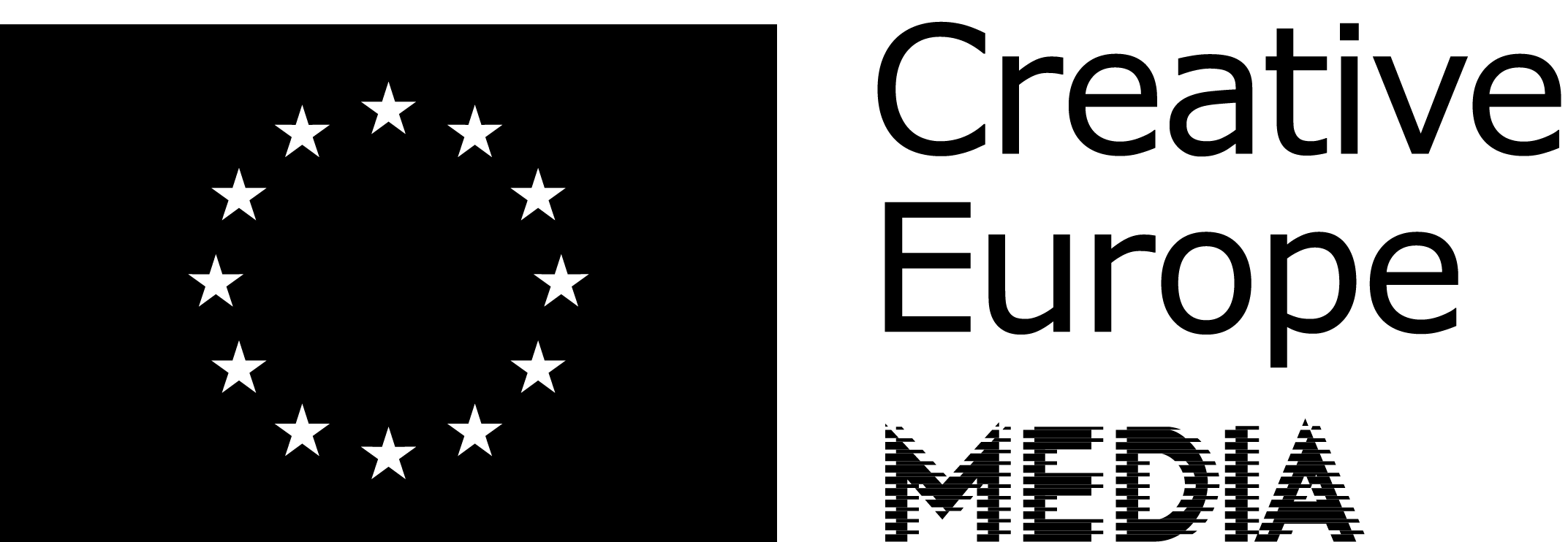
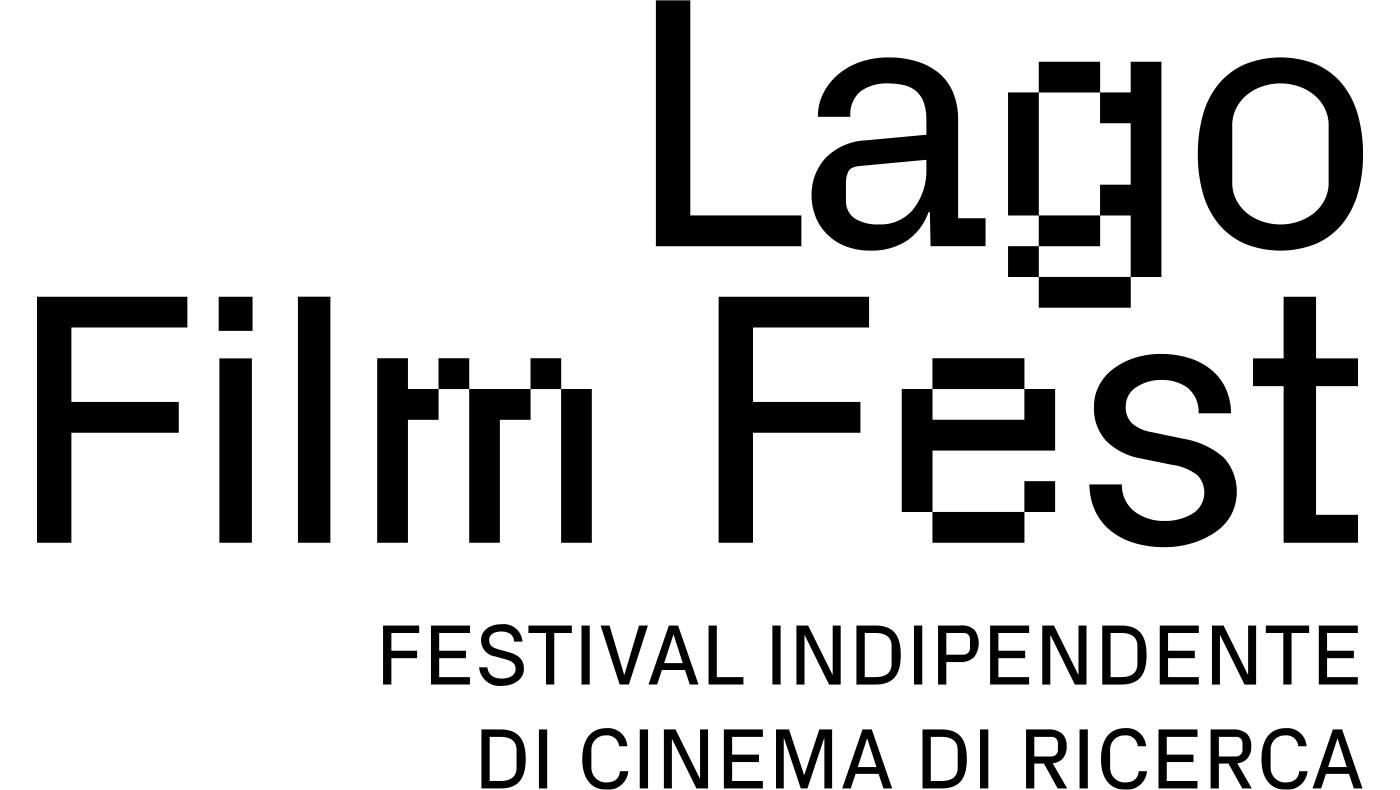

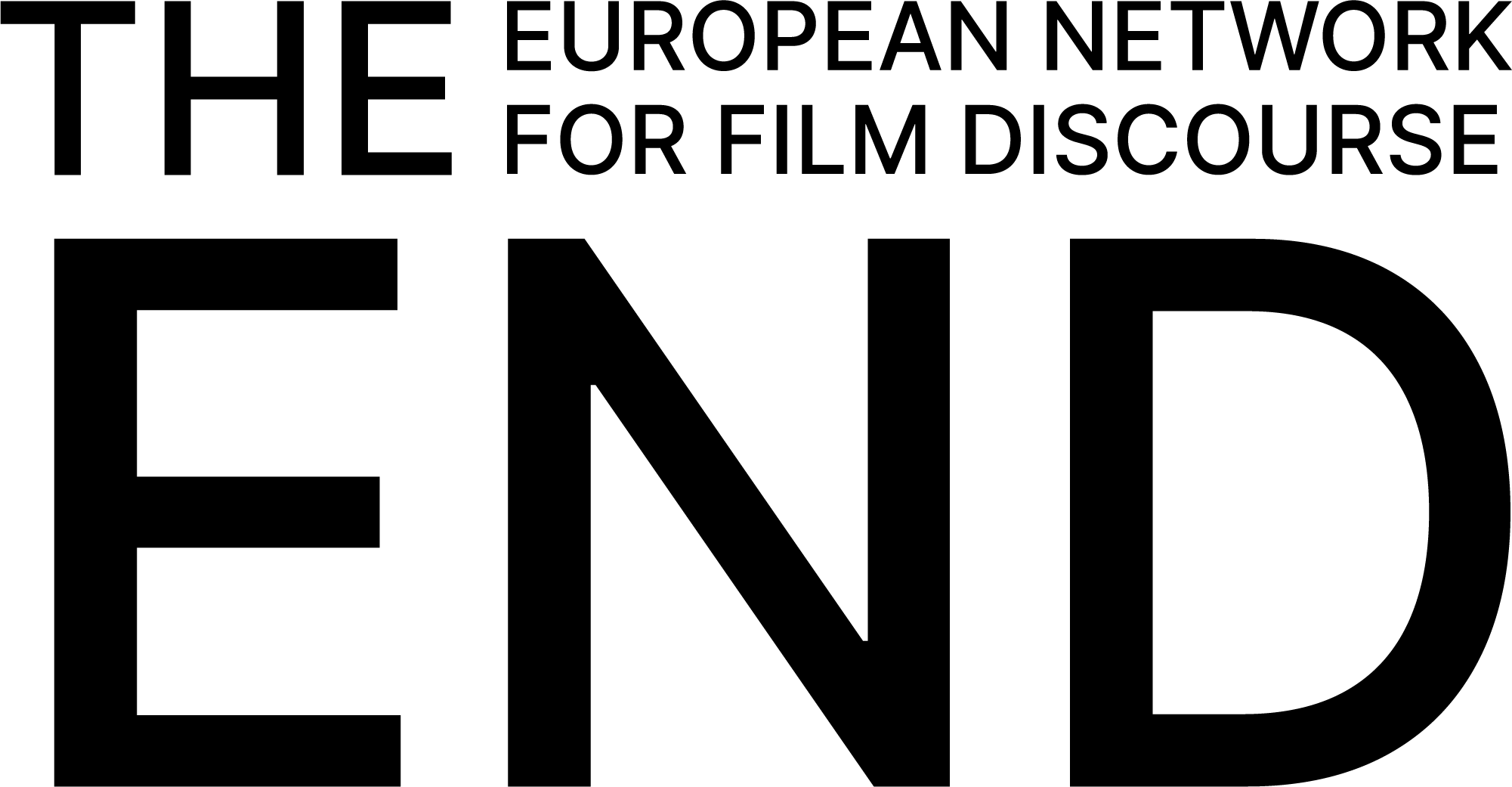
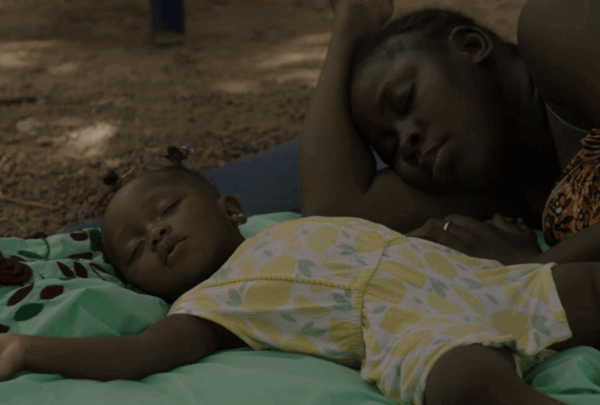
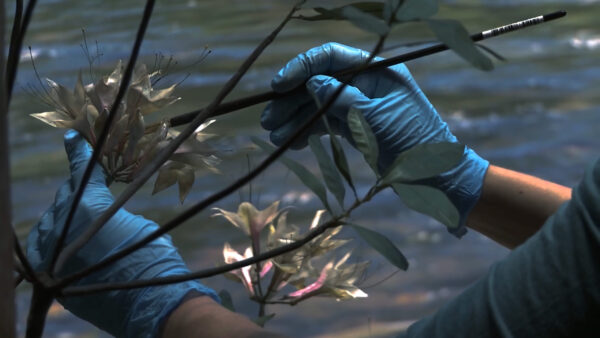
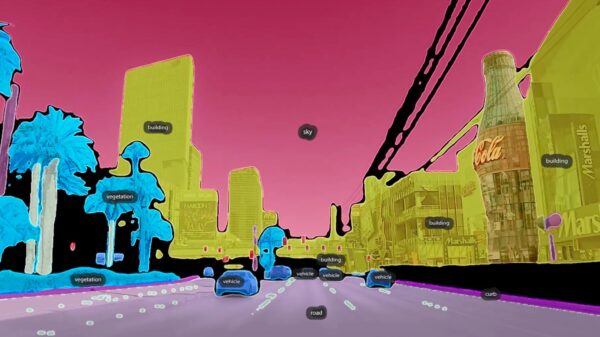

There are no comments yet, be the first!